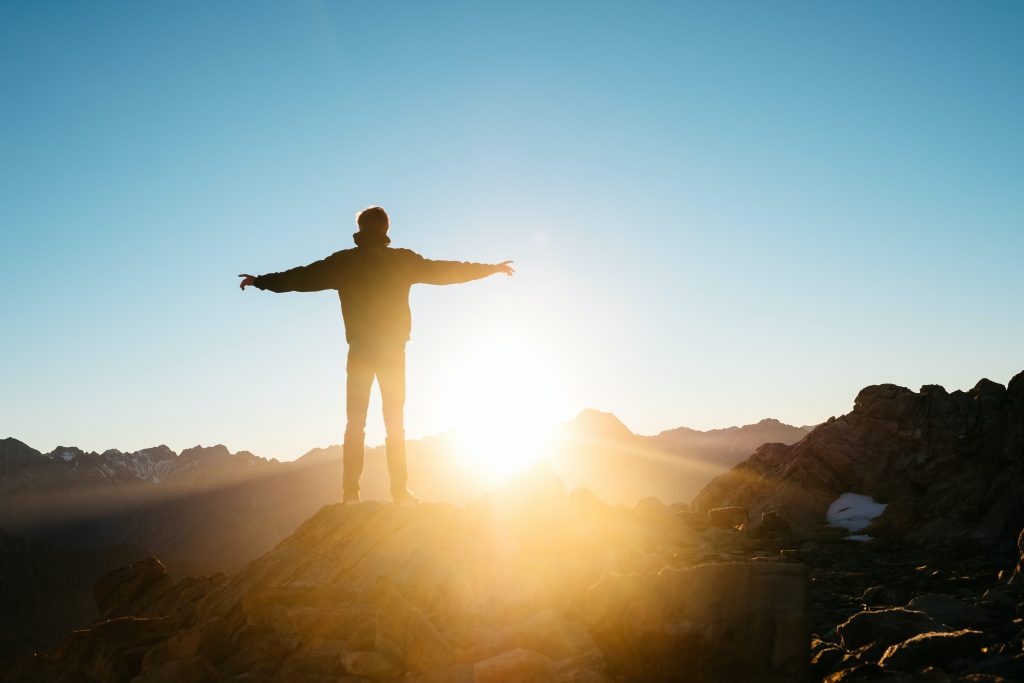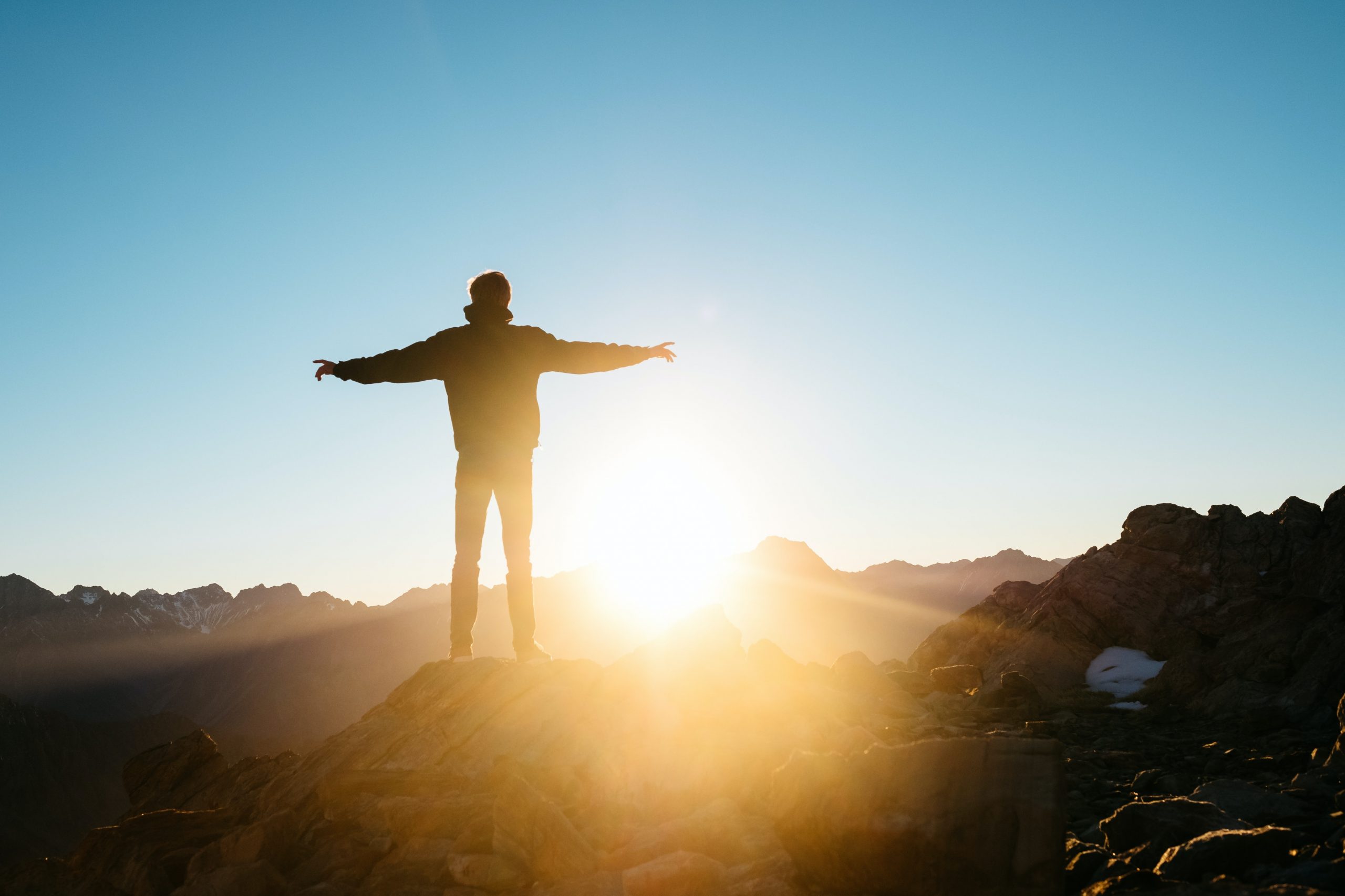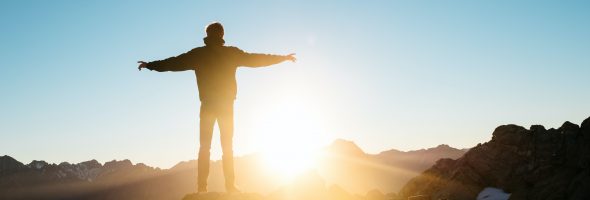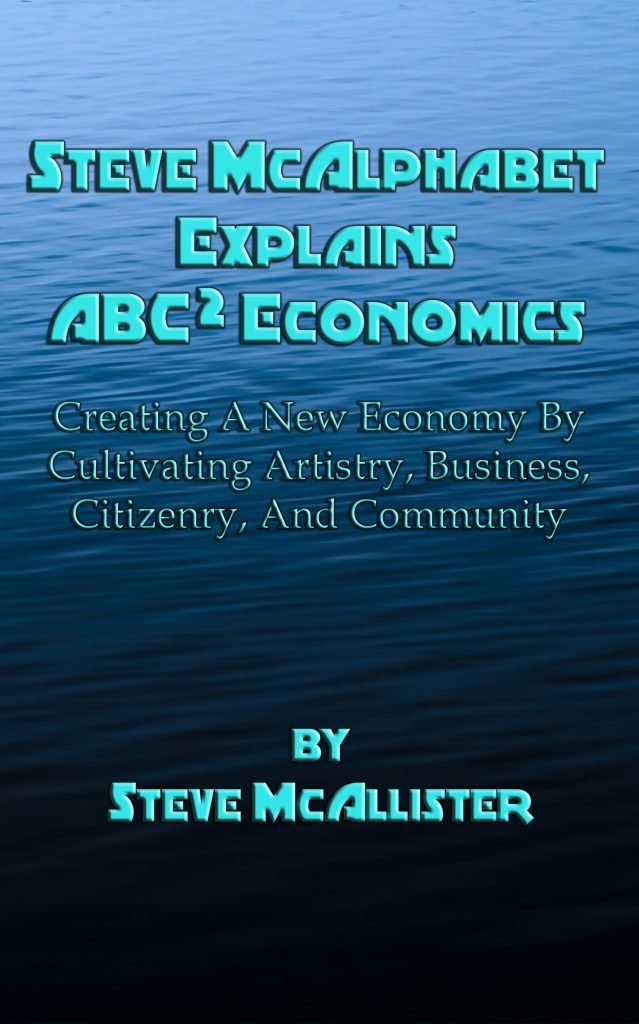“We’re trying to democratise financial services, to ensure that management and movement of money is a right for all citizens, not the privilege of the affluent.”
– Dan Schulman, President and CEO, PayPal
In 2011, I challenged myself to live for a year without using money. I did pretty well considering the daunting challenge of living in a society based on money while not trying to use it, but it wasn’t a perfectly executed endeavor. Nevertheless, it did give me some time to think about how I’d used money in the past, and how I felt it should be used in the future.
When I finally started using money again, I opened five different bank accounts. I have an Artistry account, a Business account, a Citizenry account, a Community account, and a savings account.
As an Artist, I have multiple streams of income, and they are all deposited into my Artistry account. Currently, when I receive a payment, I manually transfer 10% into my Business account, my Community account, and my savings account. I also transfer 40% into my Citizenry account.
My Business account is set up with automatic payments for my cell phone, data storage and cloud services, website fees, and other regularly scheduled costs that pertain to my doing business. I also use this account to pay for anything that will help me grow my business, including educational experiences, equipment, and, of course, marketing.
I’ve heard that a person’s housing costs should be no more than 30% of their income, so 30% of my income goes toward paying my rent. Theoretically, the other 10% of the 40% of my income I put toward Citizenry will go toward supporting the governments whose services I enjoy. However, realistically, I haven’t actually made all that much money since I started using it again, so so far it’s been sufficient for me to know that at least a portion of my rent is going toward property taxes. I do imagine that one day this entire 30 or 40% could be used to make sure I have housing that meets my needs, and organizations that helps meet everyone’s needs, but it could be that just 10% is sufficient for a better functioning government.
With my Community account, I have been able to support various charitable and environmental organizations and GoFundMe campaigns, help two friends pay rent when they were unemployed, help another friend fix her broken van, and basically help people when they needed it. As I become more successful as an artist, and increase the streams of revenue as well as the volume, this account will be used to support more charitable organizations and help more people.
Currently, I do all of this manually. However, my hope is to collaborate with designers who can help make this payment system automatic and scalable. What if we were to empower every American to channel their money in a similar manner? What if we were to empower everyone in the world to do it?
A major peer-reviewed study by Nobel Prize-winning economist Angus Deaton and his colleague Daniel Kahneman at the Center for Health and Well-Being at Princeton University made a case for the cost of happiness. The study showed that after people made more than 75,000$ a year, extra money did not seem to increase their enjoyment of day-to-day experiences. That said, let’s examine what would happen if I were to receive a 75,000$ salary under ABC2 Economics.
If I manage to achieve a state in which I make 75,000$ in a year, using ABC2 Economics with only 10% toward each account, I could channel 7500$ toward my business and marketing expenses, 7500$ to my citizenry and environmental resilience organizations, 7500$ to charitable endeavors and social profit organizations, and 52,500$ toward creating the art of my life. Or I could also adjust the flow of the channels to see economic growth expand as I would like to see it expand.
Perhaps I would like to see my business opportunities flourish more. I could channel a greater percentage in that direction so that I would have 10,000$ or 20,000$ go toward those expenses and only channel 50,000$ or 40,000$ into my Artistry account. Or maybe I’d like to give more to charity and increase my giving from 10% of my economic energy to 20% or 50%.
However any of us may decide to channel our financial flow, if we’re truly going to create a democratic society, it should be up to us as to what initiatives get our support. By empowering people with the ability to choose how to support the world we live in, we will no longer have to rely on people who don’t actually have the wherewithal to make decisions on our behalf and usually make decisions based on what they think will make more money for people who just can’t get enough of it. We will be able to create a stronger economy by developing a healthy economic flow instead of just making certain bank accounts grow.
In establishing an economy that flows, rather than one based on amassing fortune, we must start by realizing that it must reach the entirety of the community. Ultimately, the community is the body of the people and money is the blood. Just as stopping the flow of blood to any organ results in disease and decay, so does the hoarding of money and blocking its flow to the entirety of the community reap disease and decay in humanity.
It is rather interesting that Andrew Yang’s idea for Universal Basic Income is to give every American 1000$ a month. When you consider that there is currenly 90 trillion dollars’ worth of money that humanity has created, and if we were to evenly distribute it to all 7.5 billion of us, we would each get about 12,000$, which could certainly be distributed as 1,000$ a month. Just imagine what a year that would be, were we to completely redistribute the collective currencies we’ve created so that everyone on the planet had 1,000$ a month to spend.
Granted, it is highly unlikely that that sort of financial redistribution is going to happen, but I think it’s an incredible notion to consider, and I may just be inspired to at least write a fictional account of it someday. However, as we do come to realize that the legal fiction of money is going to need another rewrite, we must consider what sort of story we want to tell. Just imagine that we do figure out a way to allow our currency to flow effectively, and the stability I am offered empowers me to make more of my other talents, and I am eventually able to acheive my goal of figurative happiness by making 75,000$ a year.
If I channel 10% of my financial flow toward governmental and environmental protection organizations to represent my Citizenry, I should have some choice on what that money goes toward rather than relying on the trickle down method, whereby the federal government consumes more than its fair share, leaving too little for local governments and initiatives. Of the 7500$ I invest in my Citizenry, I should be able to channel 500$ into my neighborhood, 2000$ into my city, 2000$ to my county, 1500$ to my state, 1000$ to my country, and 500$ to the United Nations.
That, to me, seems like it would be a far more effective use of that money than if the federal government were to just take it all and spend it on unnecessary administration, bureaucracy, and the ridiculous wastefulness of antiquated partisanship and juvenile competition.
Now, imagine that every American household were to channel their revenue in such a way. What if we exempted the 19% of Americans who were under the poverty line, but empowered Americans that made between 25,000$ and 200,000$ a year to channel 10% of their income toward more effective citizenry? Without even accounting for the 8.5% who make more than 200,000$, not even accounting for any millionaires or billionaires, we could still generate well over 6 trillion dollars.
That’s a lot more than the 3.86 trillion dollars the US government expects to take from its people this year, and just imagine how much more effectively it could be spent if we focused on local initiatives first rather than engaging the spectator sport of national politics. Basically, the idea behind ABC2 Economics is about how we take our power back and create a more efficient and effective method of celebrating this thing called life.
My hope is that the heart behind this idea starts to direct the flow and others can see the vision. To actually make it work and make it scalable, we’re going to need a lot of minds that know a lot more about coding than I do. And, or course, all of these transactions and algorithmic activity is going to increase our energy use, but it could also help us lessen some of the current usage that is really sucking us dry.
Ultimately, whether or not ABC2 Economics could actually work as a system, or whether or not whatever other ideology promises to save us will work, will be up to the users. If we open ourselves up to the economy of oikonomia, we will recognize that every little thing we do with the 1,440 minutes of time we’re given in each of the 365 days we’re afforded each year comprised of 8,765 hours of emotions, expressions, relations, libations, creations, collaborations, locations, negotiations, sensations, temptations, expectations, operations, fluctuations, and regulations that contribute to the world we all share. Regardless of the technologies we engage to develop our collective economy, how well it meets our individual needs starts with the individual.
The essence of ABC2 Economics is personal as well as collective. It’s about empowering people to make their own decisions instead of enabling the financial powers that be to continue making the short-sighted decisions that are currently having such adverse effects on us. It’s about having some hope in humanity.

This is an excerpt from the book Steve McAlphabet Explains ABC Squared Economics. Go to https://stevemc.xyz/books/steve-mcalphabet-explains-abc-squared-economics/ to find out more.


